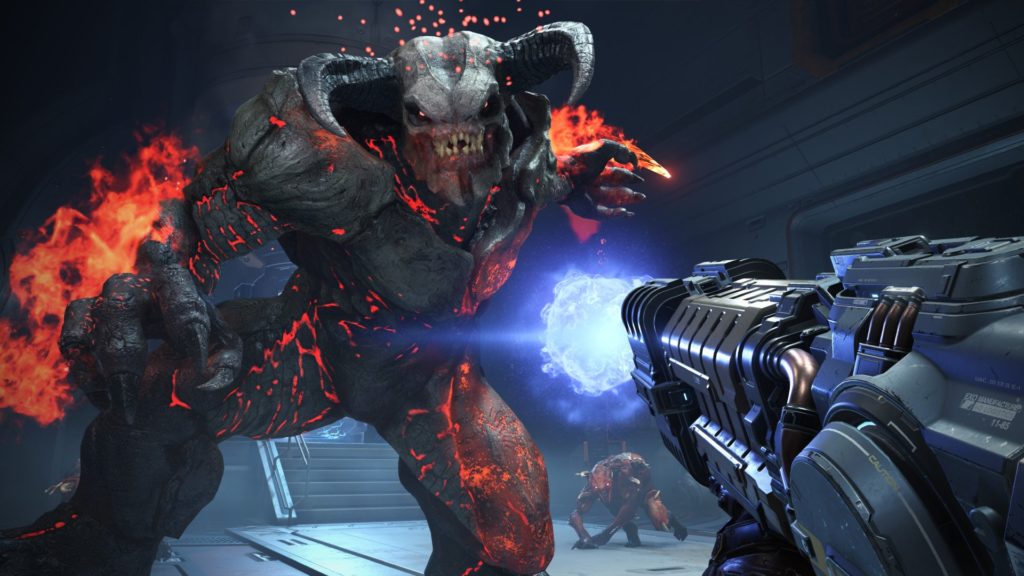
In 2020, the global games market will generate revenues of more than $160 billion. Combine this with the fact that there are over 2.5 billion video gamers across the globe, and it’s no wonder that there is an ever-increasing hunger for games.
In turn, there’s now a pronounced need for hiring the right talent to build these games. There are a number of factors that big gaming companies look for when making their hiring decisions, many of which might not be so obvious.
What Gaming Companies Want
To start, most of the major gaming-related companies (like Twitch, Rockstar Games, Google, EA, Unity, and Jam City) require that applicants have a degree. Some of the more popular ones include a BA of science degree in computer science/engineering, electrical engineering, information technology, or a related field; or equivalent combination of education and experience. Granted, this is not always the case; sometimes the best programmers and developers are self-taught. These applicants will have to showcase that their work can compete with anyone who might have attended school for the same reason.
Currently, the most in-demand positions in gaming include software engineering, UX design, and data and analytics. In gaming, software engineers account for 29 percent of all open roles, with the most sought-after hires being exemplary in the following programming languages, disciplines, and software (in order of most requested):
- C++
- Golang
- JavaScript
- DevOps
- Linux
However, with mobile game development, the languages of interest are quite different, with most gaming companies (like Jam City, for example) looking for hires proficient in Objective-C and Swift (for iOS), and Kotlin and Java (for Android).
When it comes to UX design, in addition to traditional user experience, candidates should now be familiar with virtual reality and augmented reality, as these are the disciplines that are poised to completely revolutionize the gaming industry. UX designers account for roughly 25 percent (according to a gaming-recruitment study by Built In) of all open gaming roles.
Most of the large gaming titles generate users in the millions, even billions of users. With that amount of activity comes a plethora of data that needs to be analyzed in order to make improvements to the game and reveal potential bugs. That’s where data analysts, who account for 11 percent of open roles, become a critical component of any gaming company.
However, each of these roles doesn’t come with one standard set of skills that need to be met in order for an application to be considered seriously. In fact, most gaming companies are looking for candidates who possess a mixture of design and programming skills. An ideal candidate, for example, could be able to program in multiple relevant languages while also knowing 2D/3D modelling and animation software; or a wide-range of game application and game engine skills (e.g., A.I., physics, camera, animation, etc.).
Hiring the Right Way
Once a candidate has been selected to go through the hiring process, it’s up to the gaming company to make the process as quick and painless as possible. This is incredibly important, as 60 percent (according to EBI) of candidates have said they’ve quit an application process because it was too long. So they will often utilize platforms that help to ascertain the level of prowess of their candidates, which can include live coding tests, video interviews, and demonstrations. Some platforms will even anonymize the applicants so that any potential bias during the interview will be eliminated.
Ultimately, gaming companies are much like other top tech companies in that they are looking for a candidate who adds value to their organization. While the specific skills may vary from role to role, a candidate’s willingness to go the extra mile and showcase their talent and personality will serve them well.
Natalia Panowicz is the CEO of Codility, a platform that helps tech recruiters and hiring managers assess candidates through online coding tests. She expanded Codility from Europe into the U.S,. securing $22 million in venture capital along the way.
